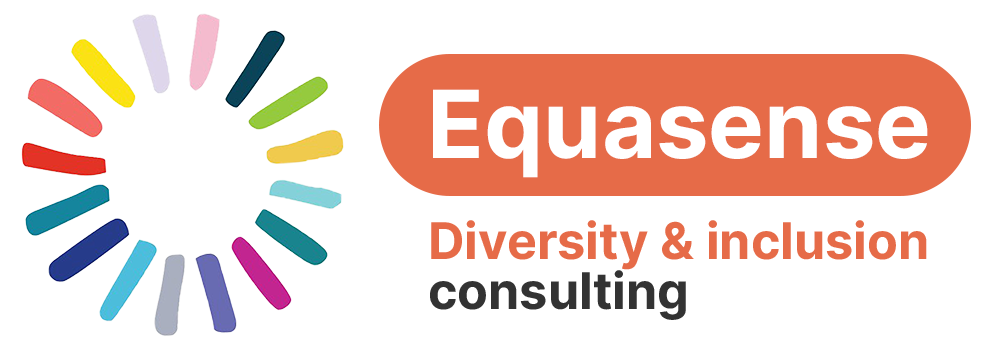I have a friend who is a team manager and when they had to switch overnight to remote working spent almost all of the first few weeks in 121s with her team making sure they were ok, understanding what they needed at that time, and what challenges they were facing. Yes, a heavy investment at the time, but the benefits from the team feeling understood and valued, and her knowledge of them as individuals continues to make for a dedicated and productive team.
Even in #DiversityAndInclusion world, we are sometimes guilty of making assumptions about members of a particular group. A common one that I see is about people with caring responsibilities, particularly for children. Assumptions that they will need to work school hours, or have time off during holidays or won’t want to travel etc. When actually each person will have different needs and challenges. When we tried to survey parents to find the best core hours for meetings, we uncovered a surprising number of different working patterns tied into partners work and other things as well as school hours. For some, working in the evening actually worked better than the 3-5 slot because other carers were around to help then for example.
We all like to feel seen, heard and known. As individuals. Yes, we might identify with particular social groups, but our own experience in even one area, as well as in combination of all the parts of our identity position us at our own unique point in a multi-dimensional space (danger – former physicist!!). As my friend learnt, knowing and considering her team as individuals, being consciously inclusive of each of them, made for a happier and healthier team in the long run and built trust and rapport.

The same can apply to your family or social connections if you aren’t in a workplace. So why not give number 18 on #22WaysToBeConsciouslyInclusiveIn2022 a go and “get to know all your team or family as individuals”?


Recent Comments